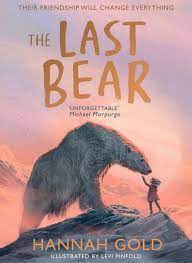Exit, by Belinda Bauer.
Felix Pink is a widower who lives a very quiet life
with his rescue dog Mabel in a small Devon town. He is a retired accountant and his days are
orderly and structured – he would never say ‘boring’, but oh, how he wishes
that his Margaret were still with him – in her right mind. For his wife gradually succumbed to dementia,
leaving him entirely alone in the world, their beloved son having died many
years before from cancer in what should have been the prime of his life. No-one knows the meaning of the word
‘solitary’ better than Felix, or the terrible, on-going grief he experiences on
his weekly visits to the cemetery to replace the flowers on his loved ones’
grave. He wonders how long it will be
before he will join them permanently, but until that longed-for day arrives, he
will try to live an upright, decent life, as Margaret would have wanted him to.
And to that end, he has
joined a very discreet society called The Exiteers, a group of dedicated people
who help people to end their lives – providing said people meet certain
criteria: they must be terminally ill,
leave a Will and/or very clear instructions and be able to administer a dose of
a certain gas (provided by the Exiteer) themselves; the Exiteer will be there purely for moral
support, and to ‘clean up’ the scene after death, so that a verdict of suicide
is patently obvious in the Coroner’s Report.
Felix has ‘assisted’ at quite a number of deaths, and as the story
opens, he is about to assist with a new recruit, a young woman who nervously
reveals that this is her first time, and she decided to ‘join up’ because her
Nan died a horrible, lingering death and she wants ‘to make amends’.
Fair enough. Except that, unbeknownst to them the house
they visit has not one, but two patients who appear to be terminal and, after
the young woman botches things irretrievably with # 1, # 2 makes his presence
known by querulously demanding from another bedroom ‘Was anyone going to get on
with the job?’
Belinda Bauer has
combined high tragedy with low comedy in this ruthless examination of the
British version of the Swiss euthanasia clinics; she examines the ‘system’ from every angle,
including the corruption that is rife and so easily flourishes in the most
unlikely sections of society – until decent, boring (yes, boring, Felix!)
people take a stand. Great characters,
great story, FIVE STARS.







